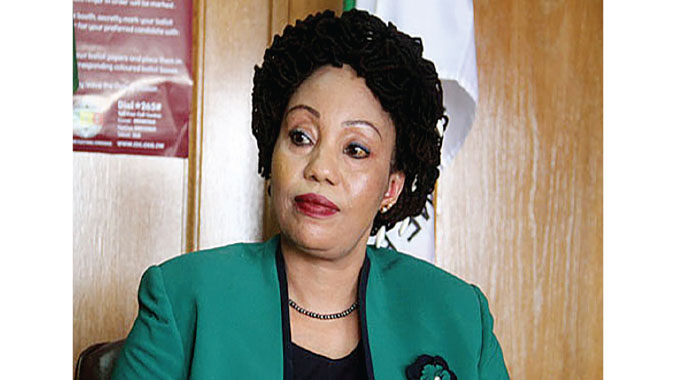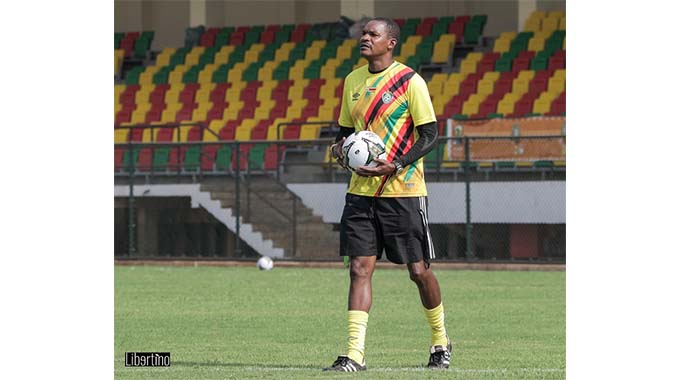COMMENT: Take advantage of mobile voter registration

Traditionally, Matabeleland provinces have the lowest populations in the country, with Bulawayo being the least populated.
As a result, the three provinces – Bulawayo, Matabeleland South and Matabeleland North – have had the lowest voting populations over the years.
On the other hand, Harare, with the country’s largest population by province, contributes the biggest number of voters, followed by Midlands, Manicaland, Mashonaland West, Mashonaland East, Mashonaland Central and Masvingo.
In 2018, there were 5 695 706 voters nationally. Bulawayo had 258 567, Matabeleland South (264 185) and Matabeleland North (339 135).
Mashonaland Central was next with 531 984, which was more than the voting populations of Bulawayo and Matabeleland South combined.
Masvingo followed with 617 212 registered voters, Mashonaland East (633 410), Mashonaland West (655 133), Manicaland (733 370), Midlands (761 982) and Harare (900 728).
Consistent with that trend, the Zimbabwe Electoral Commission (Zec) said by January 8, Bulawayo had the fewest registered voters at 254 630 followed by Matabeleland South with 259 689 registered voters and Matabeleland North standing at 335 851.
Mashonaland Central had 527 505 registered voters, Masvingo 610 436, Mashonaland East 625 330 and Mashonaland West 647 768.
Harare continues to rank highest with 891 024 voters followed by Midlands with 752 665, while Manicaland has 727 677 registered voters.
It is clear from the foregoing that all provinces have fewer registered electors now compared to those who were on the voters’ roll in 2018.
We are concerned about this because fewer registered voters could result in some provinces losing constituencies. This concern has been loudest in Matabeleland.
However, to ensure that provinces do not lose constituencies when the delimitation exercise is done in the next few months but before the harmonised elections next year, all qualifying citizens have to register as voters.
They should note that voter registration centres are open every day, not just when elections approach. We urge them to take advantage of that instead of leaving it to the last minute.
Zec chairperson Justice Priscilla Chigumba said members of the public could register in the first phase of the commission’s mobile registration exercise that starts on February 1 up to February 28 and the second phase running from April 11 to April 30.
“When we roll out the kit deployment plan for the voter registration, all those areas that were said to be remote and difficult to access, we will be sending mobile kits into those areas during specified times and dates, which will be advised in advance and hopefully we will get registrants coming up in high numbers to register.
The solution to the problem is having more registrants coming up to register if they want to retain their seats,” said Justice Chigumba.
It is good that Zec has lined up the mobile voter registration exercise to complement the static sites that, as we have indicated, are always open across the country.
We need not stress that voting is a right for all eligible citizens, of course, subject to them meeting a few other requirements. By exercising their right to vote, citizens will have a say in the election of persons who will govern them for the next five years and those who won’t.
By voting, they contribute to the making of history of their country, to how their economy is run and how that impacts on their personal and collective socio-economic wellbeing.
Citizens must not allow others to shape their destinies; they must shape their own destinies by voting in the next harmonised elections.
However, for that to happen, all the eligible must register as voters now, or take advantage of the mobile registration campaign that will be run over the next three months.











Comments